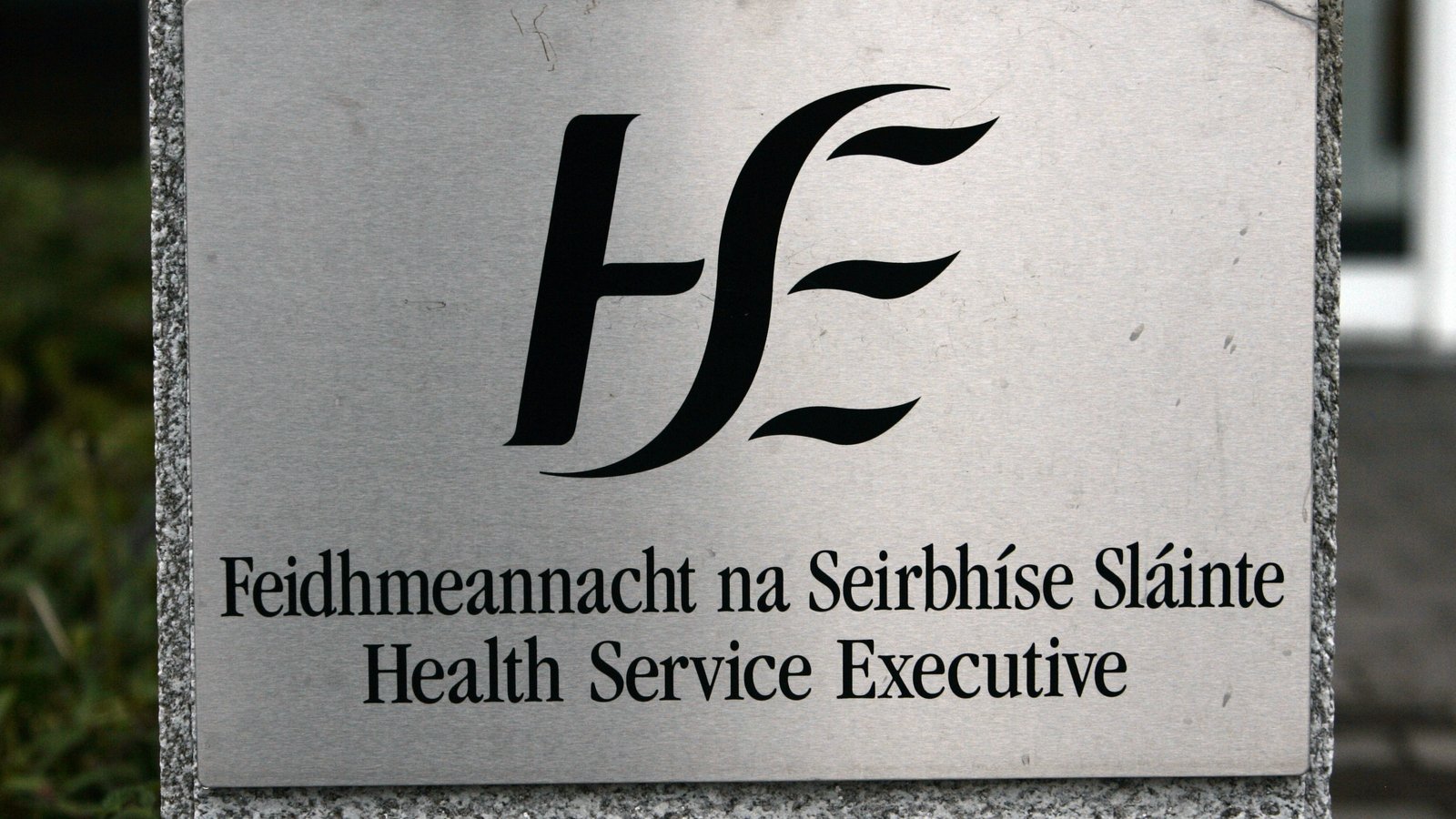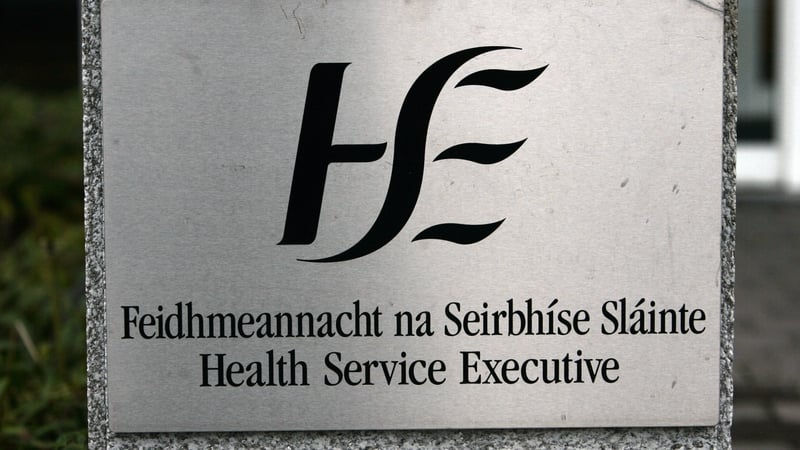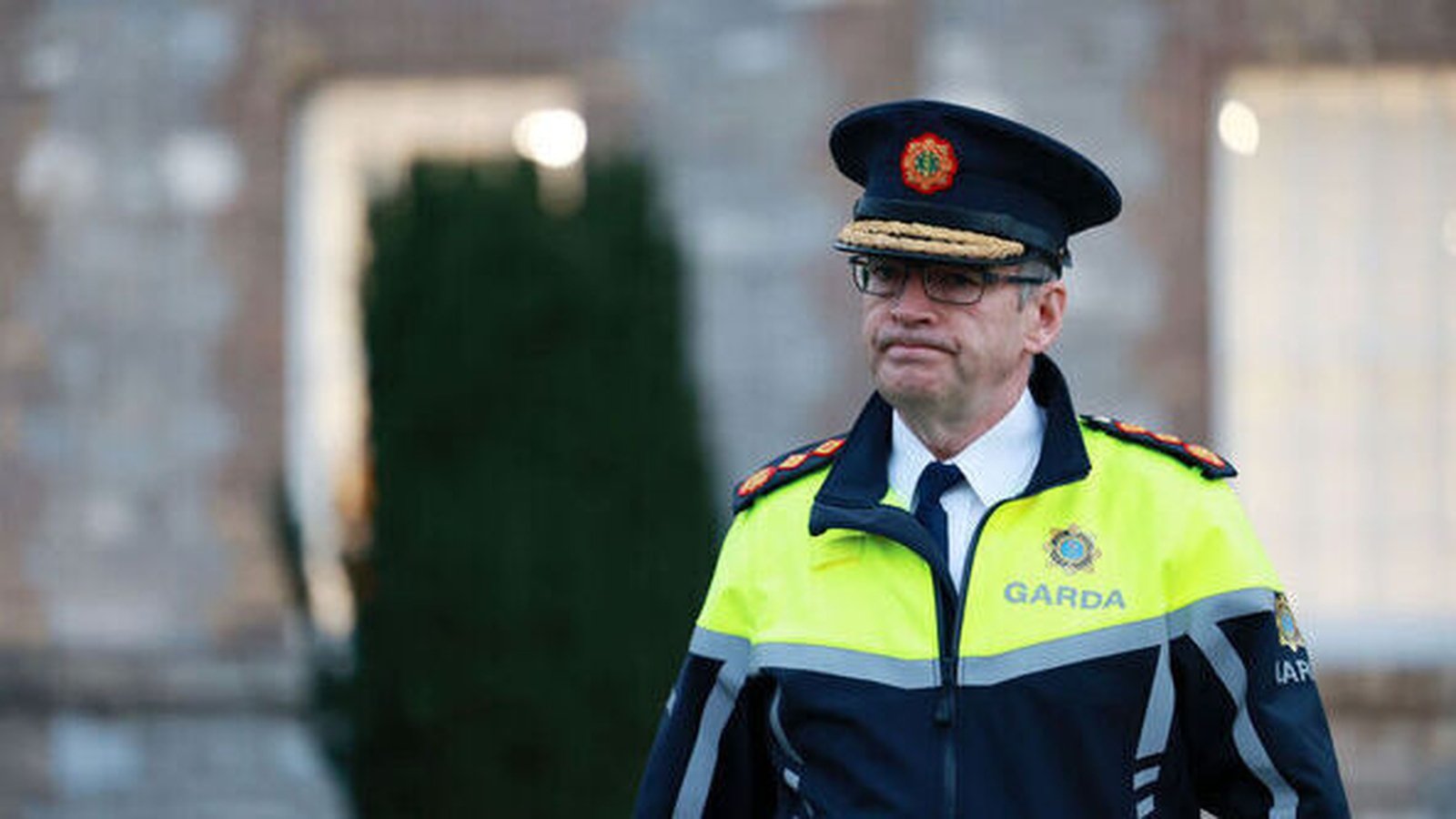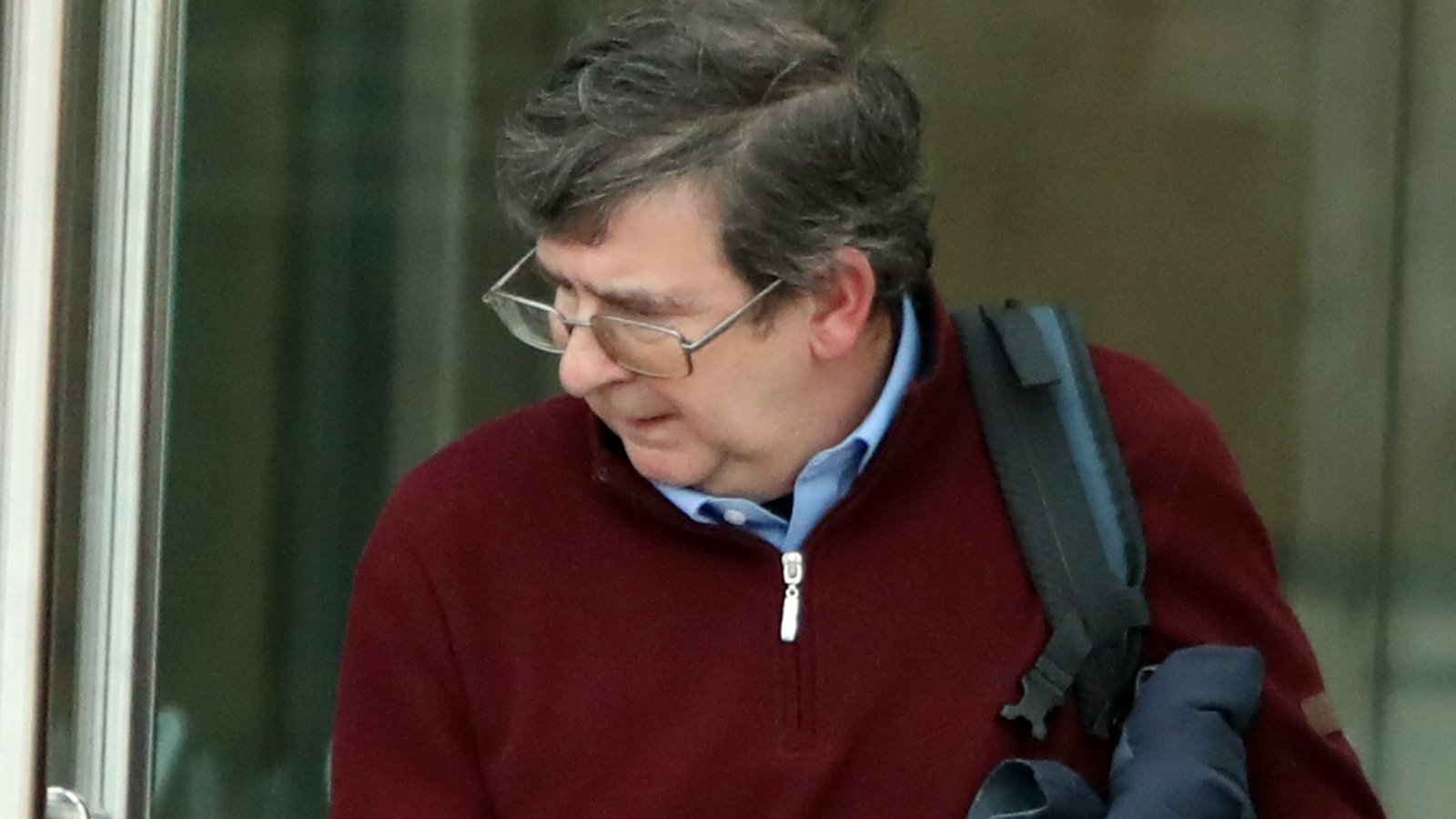HSE urges those aged 59-69 to take free bowel cancer test


The HSE has urged people aged 59-69 to use its free bowel cancer screening programme BowelScreen.
Bowel cancer is the second most common cancer in men in Ireland and the third in women.
Screening can prevent cancer from developing and help find it before symptoms start.
Every year around 3,000 people are referred on through bowel screening to have pre-cancerous growths (known as polyps) removed.
Speaking on RTÉ’s Morning Ireland – marking Bowel Cancer Awareness Month – Dr Alan Smith, consultant in public health medicine, said screening programmes are very effective and are for people who do not have any symptoms yet.
“We invite them every two years if you’re between the ages of 59 and 69,” Dr Smith said.
“We want to invite you, we want you to participate. We’re really trying hard to get more people to participate and almost normalise it as part of your normal health check.”
Dr Smith said the take-up of bowel screening is in the low to mid 40% range, but the programme is “very effective”.
“We’d like it to break into the 50s (per cent) and what we’re finding is that there just seems to be a little bit of reluctance amongst both men and women to just use the kit we send to people’s homes.”
Dr Smith added that research has shown that if people do not feel sick, they are less likely to go and get a check-up or get screened.
“What’s really powerful about bowel screening programmes like this is that we find pre-cancers,” he said.
“We find about 10 times the number of pre-cancers than cancer in bowel screening.
“They’re cancers that never get the chance to develop and that’s the impact we really see. So we’re very keen for people to take up that opportunity.”
We need your consent to load this rte-player contentWe use rte-player to manage extra content that can set cookies on your device and collect data about your activity. Please review their details and accept them to load the content.Manage Preferences
To get a test kit, register online at bowelscreen.ie.
The test involves taking a stool sample and posting it back to BowelScreen in a freepost envelope.
Results are returned within four weeks.
The test looks for a level of blood in the stool. If it is found, BowelScreen will invite people for a follow-up test called a colonoscopy, where a camera on the end of a small tube is used to look for any changes inside the bowel.
Professor Padraic MacMathuna, Clinical Director of BowelScreen, said: “About 4% of people are referred for a follow-up colonoscopy.
“If you are experiencing symptoms, including changes in bowel habit, unexplained weight loss and blood in your poo then you should see a GP, even if you have recently had screening or it’s due.
“Please don’t wait for screening.”





